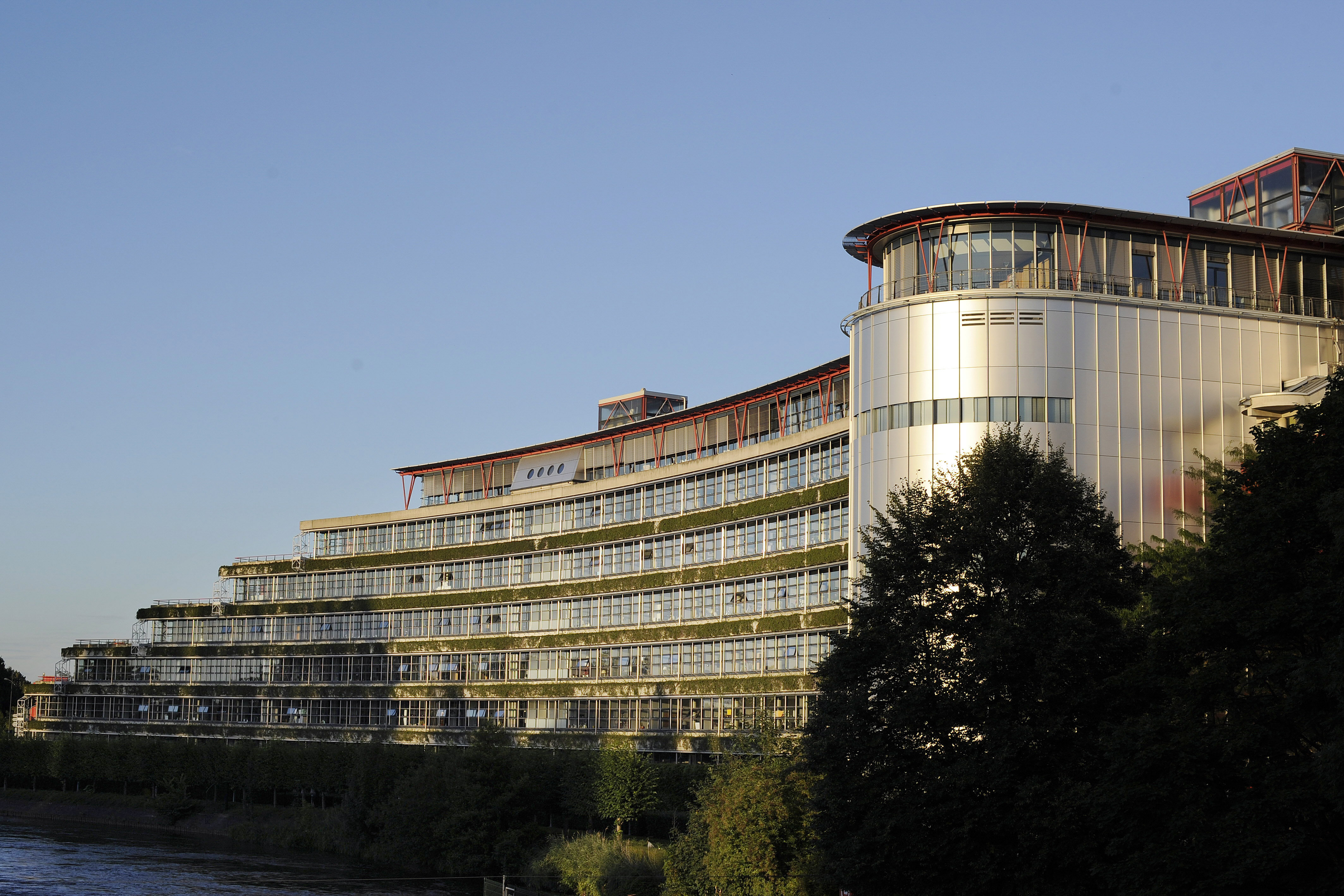By Denis Dvornikov, PhD in Law, Member of Public Chamber
A routine rotation of judges at the European Court of Human Rights (ECHR) has spiraled into a scandal for Russia. Oddly enough, this ambiguous development was provoked by the European institutions themselves when the Parliamentary Assembly of the Council of Europe (PACE) postponed its appointment of a Russian judge to the court until October.
It was an odd decision, to say the least.
Anatoly Kovler, the Russian judge currently serving in the court, plans to step down in November. In keeping with the established procedure, Russia’s Justice Ministry held a contest and produced a short list of six replacement candidates chosen from among 15 contenders. The shortlisted candidates were recommended to then-President Dmitry Medvedev.
Earlier this year, Medvedev selected three of the candidates: Supreme Commercial Court judges Dmitry Dedov and Lydmila Novosyolova, as well as Andrei Bushev, a professor at St. Petersburg State University who presided as an ad hoc judge over the case of collapsed oil company Yukos vs. Russia at the ECHR.
PACE had to choose a replacement for Kovler at its Spring session. But shortly before the vote, Novosyolova decided to withdraw her candidacy for personal reasons.
Then, things grew strange.
As all formalities had been complied with to that point, it was logical to assume that PACE would vote and close its Spring session with a sense of pride in a job well done.
An ECHR judicial appointment is highly prestigious. Every country in Europe is represented by one member of its judiciary. Thus, Novosyolova clearly had important – if unexpected – reasons to bow out of the race. Whatever those reasons were, there is no sense discussing them here.
The members of PACE, however, seemed to smell a rat. Russia's political leadership, the KGB and the “Russian mafia” were once again apparently plotting some nasty trick.
There is no other explanation for the decision to postpone the vote until October. Most likely, they suspected that the Russians were up to some dirty game and decided to play it safe.
What are the likely results?
First, this is a matter of diplomatic etiquette. Russia’s involvement in the ECHR is not insignificant to the international agenda. Moreover, PACE called into question a presidential decision, albeit one made by the previous Russian president.
Second, Kovler is ready to leave. His successor, though, if any, will most probably only arrive at the court in October just as Kovler is heading to the airport. In the meantime, the workload that the European court's Russian segment must shoulder is extremely burdensome.
Breaking in a successor and handing over the huge volume of files on hand will take time. Considering Bushev’s involvement in the Yukos vs. Russia case, he has something of a firm grasp on the realities of the court. Dmitry Dedov, on the other hand, is totally new to the job. So, what are the consequences likely to be?
When it comes to crunch time, will the PACE deputies narrow their choice to just a single candidate? After all, the constant stream of complaints from Russia has become an expected occurrence. This means a judge that knows the ropes as far as the ECHR is concerned is almost certain to have a better shot at the appointment.
Problems with the defense of human rights in Russia, and questions of mutual understanding between Russia and its Western European counterparts are delicate, sensitive issues. There are no insignificant matters in this regard.
The inconsistencies and misplaced suspicions held by the European institutions are grist for the mill of those who dream to see Russia withdraw from the European Convention on Human Rights and descend into self-imposed isolation. But any suspicions maintained by the PACE deputies' of behind-the-scenes horse-trading are baseless.
A “suspicious” or “objectionable” candidate would never have been selected by the Justice Ministry, let alone the president.



